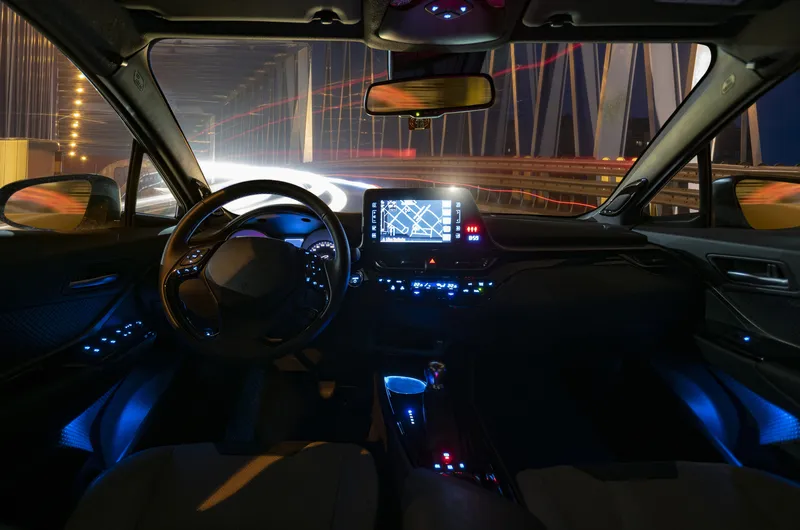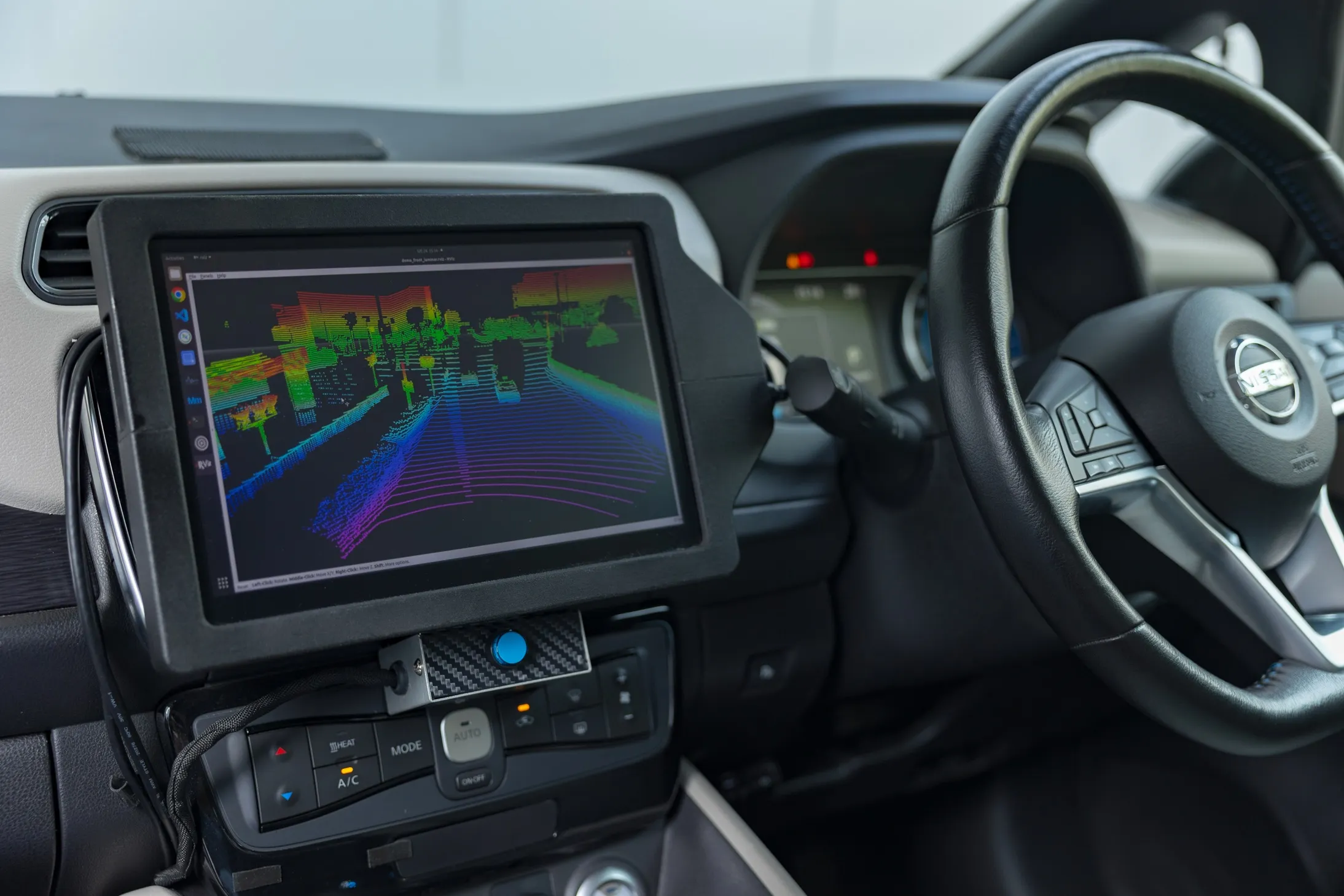
The way is clear for the first unmanned driverless vehicle carrying passengers to run on public roads in Korea.
The country's Ministry of Land, Infrastructure and Transport (Molit) has given permission for temporary operation of "an unmanned automated driving vehicle developed by a domestic start-up company on the designated road in order to promote the advancement of self-driving technology".
A self-driving system and Lidar sensor has been attached to a "domestically-produced SUV" which will have a top speed of 50km/h.
Molit says this is a step towards developing fully-fledged autonomous driving by demonstrating that it can work: the vehicle has been tested at K-City, the 5G-based autonomous vehicle testing centre in Hwaseong, Gyeonggi Province.
AVs in Korea have previously been permitted with a safety driver or at very low speeds (e.g. below 10km/h). The new vehicle is "equipped with safety functions including automatic emergency braking and maximum speed limit, as well as emergency stop buttons inside and outside the vehicle".
There will be what Molit calls a "step-by-step verification procedure" for the AV, with a view to it being on the road "as early as the fourth quarter of this year".
While countries such as China and the US have allowed AVs on their roads, Korea has taken time to assess performance.
Park Jin-ho, director of Molit's automated driving policy division, explains: “Since the year of 2016, a total of 437 automated driving vehicles have been obtaining the temporary operation permissions to demonstrate their technologies and services, and we hope that the demonstration of unmanned automated driving this time could be another inflection point.”
"The government will continue to actively strive to harmoniously achieve the dual tasks in creating a freer demonstration environment for unmanned autonomous driving and ensuring public safety."
Initially there will be a test driver, but a second stage involves remote monitoring.
Molit plans to upgrade standards for the temporary operation permission for unmanned automated driving vehicles in anticipation of more companies wanting similar verification following this case.









